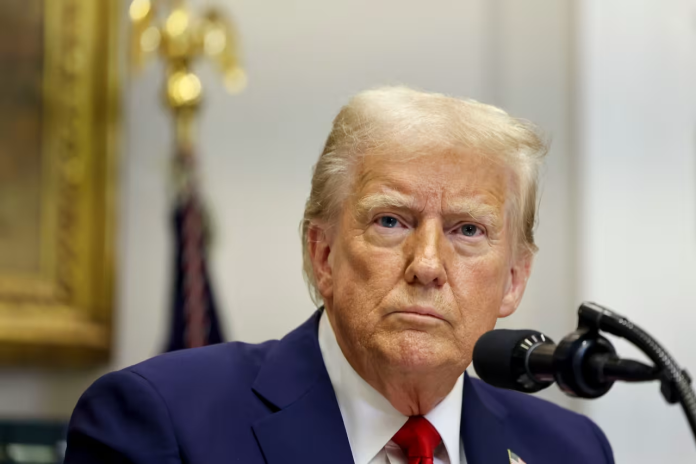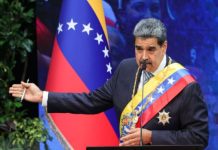BERLIN, JAN 23 (AFP/APP/DNA):German voters head to the polls in a winter election next month, but likely will not have a new government until well into the spring.
Arduous coalition talks tend to drag on for weeks if not months in Germany, spelling long stretches of political paralysis before a new chancellor takes charge.
In Berlin, a bulging in-tray of challenges awaits the next leader, from a stagnating economy to the Ukraine war and Donald Trump’s return to the White House.
Current polls give the conservative CDU-CSU opposition of Friedrich Merz a strong lead over embattled Chancellor Olaf Scholz’s Social Democrats (SPD).
But the surveys also suggest that Merz’s party, now polling around 30 percent, would need a junior coalition partner to gain a parliamentary majority.
Merz could potentially opt to work with Scholz’s centre-left SPD in a so-called “grand coalition” of the two big-tent parties, known as the “GroKo” in German.
Scholz — whose own motley alliance with the Greens and the liberal Free Democrats (FDP) broke up in November — would not be expected to personally join such a government.
Alternatively, a victorious Merz could invite the Greens into an alliance, but this so far has been strongly opposed by the CDU’s Bavarian sister party the CSU.

















